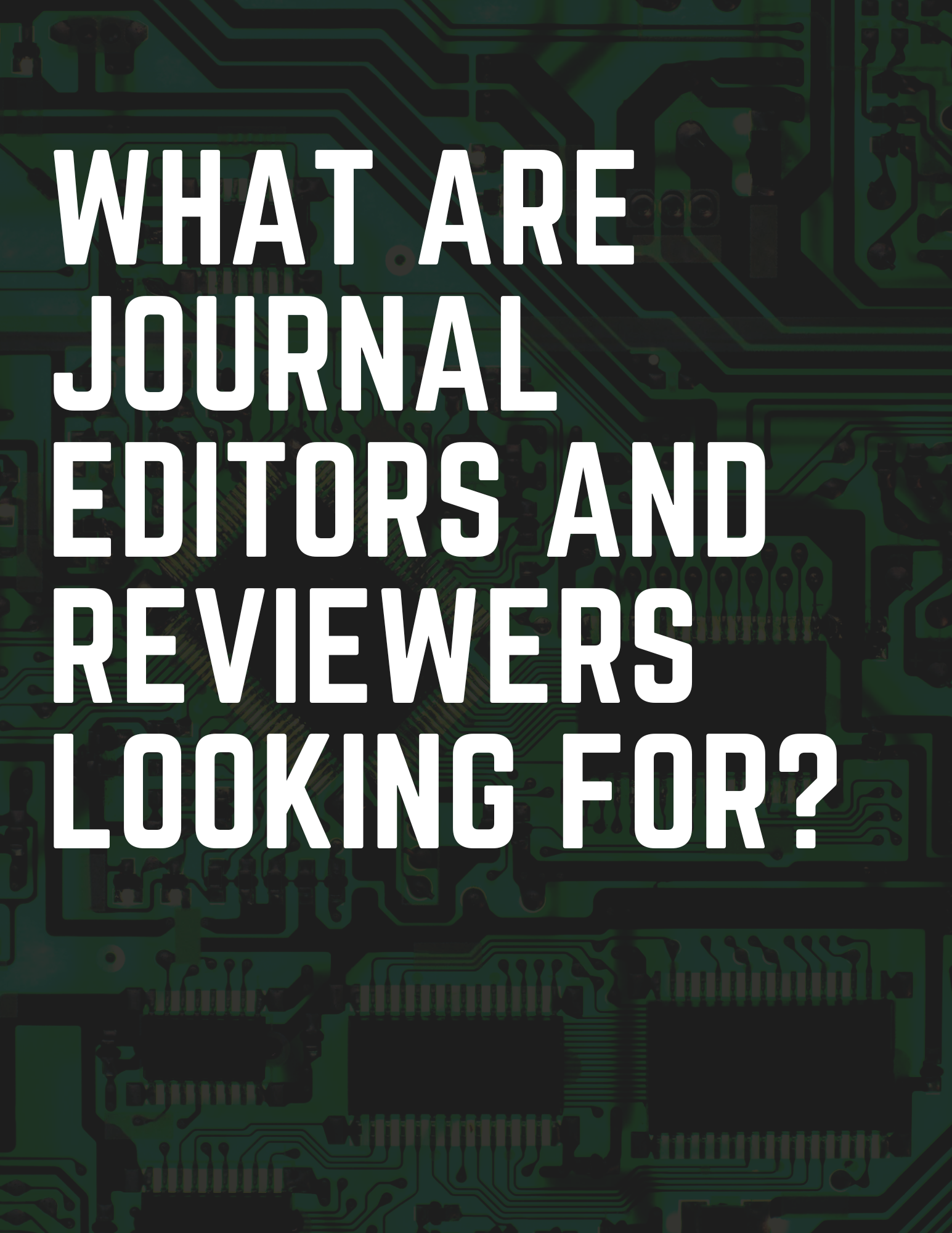
“What are Journal Editors and Reviewers Looking For?” By Willy Renandya
Overview
In “What are Journal Editors and Reviewers Looking For?”, the speaker delves into the intricacies of the academic publishing process, emphasizing the significance of publishing in academia and offering detailed advice on various aspects of getting research published.
Key Points
- Publish or Perish
- Necessity of Publishing: The speaker explains that for graduate students, PhD candidates, and junior faculty, publishing is crucial for career progression. It demonstrates their ability to conduct significant research and contributes to their academic reputation.
- Consequences of Not Publishing: The phrase “publish or perish” highlights the risk of failing to publish, which can result in not graduating, losing a job, or having a contract terminated. This pressure is more intense in research-intensive institutions.
- High-Impact Journals
- Prestige and Requirements: Publishing in high-impact journals is preferred as it significantly enhances the prestige of the academic and their institution. The speaker notes that specific expectations for the number of publications and citation counts vary but are generally high.
- Impact Factor Over Quantity: While the number of publications is important, the impact factor of the journals is even more critical. Academics must indicate which of their works were published in top-tier journals during appraisal periods.
- Choosing the Right Journal
- Aligning Research Focus: The speaker advises researchers to choose journals that align with their research focus, whether it be theory-based or practice-oriented, local or international. This alignment increases the chances of acceptance.
- Submission Guidelines: It’s important to follow the journal’s submission guidelines closely and to consider factors such as the journal’s theme, impact factor, and the relevance of the research topic.
- Understanding Aims and Scopes
- Avoiding Rejections: Many rejections occur not because the research is poor, but because it doesn’t fit the journal’s aims and scopes. Understanding what each journal is looking for is crucial for a successful submission.
- Genre Fit: Authors need to be aware of the types of articles each journal publishes and tailor their submissions accordingly.
- Types of Accepted Papers
- Variety of Papers: The speaker outlines the different types of papers accepted by educational journals, such as empirical studies, theoretical articles, and reviews. Specific examples include journals like RLC Journal ELT and TESOL EJ.
- Classroom Practices: Journals that focus on classroom practices and experiences are highlighted, offering a platform for practical, practice-oriented papers.
- Replication Studies
- Encouragement for Replication: Replication studies are valued as they provide new contexts and insights to existing research. However, researchers should present them as extensions or improvements of previous studies to increase their chances of acceptance.
- Bias Against Replications: The speaker acknowledges that there might be a bias against replication studies, so it’s advisable to label them as extensions or to tweak the research questions slightly.
- Review Process and Feedback
- Handling Feedback: The speaker emphasizes the importance of seeking critical feedback from colleagues before submitting a paper and being prepared to justify responses to reviewer comments.
- Dialogue with Editors: Authors should view the review process as a dialogue with editors and reviewers, understanding that editors have the final say in accepting or requesting revisions.
- Ethical Considerations
- Maintaining Integrity: Ethical responsibilities in research include maintaining accurate data records, ensuring originality, acknowledging sources, and adhering to ethical guidelines for studies involving human subjects.
- Avoiding Unethical Practices: The speaker gives examples of unethical research practices to avoid, such as not obtaining consent for studies involving human subjects.
Additional Insights
- Balancing Teaching and Research
- Quality Maintenance: The speaker underscores the importance of balancing teaching duties with research activities to ensure high quality in both areas. Neglecting research can impact the overall quality of a university.
- Predatory Journals
- Avoiding Predatory Journals: Researchers are warned against submitting to predatory journals, which claim to be peer-reviewed but are not. These journals can damage an academic’s reputation.
- Continual Learning
- Long-Term Skill Development: The publication process should be viewed as an ongoing journey of skill development. Researchers are encouraged to learn from each submission and rejection, continually improving their work.
Conclusion
The video offers practical advice for researchers on maintaining ethical standards, writing effective literature reviews, and developing strong writing habits. It also emphasizes the importance of community support and collaboration in the academic writing process. The session ends with an invitation to a future webinar on sustainable development and education, encouraging ongoing professional development.


